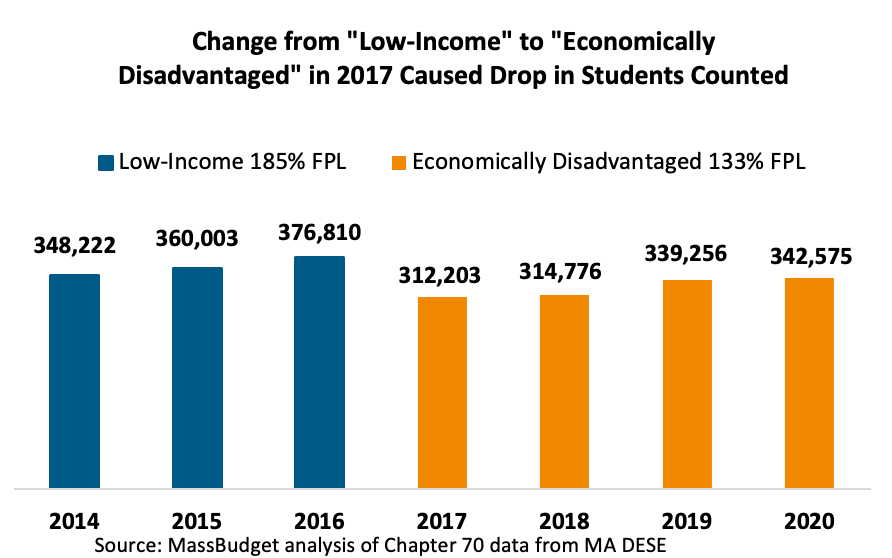By Scott O’Connell
Telegram & Gazette Staff
Telegram & Gazette Staff
WORCESTER – The Worcester Branch NAACP is pitching an idea to create a residents’ advisory commission for the city School Committee, according to one of its members.
That proposed body, which would be comprised of representatives of local school advocacy organizations, parents and students, would have the primary function of requesting and reporting on data from the school department through the School Committee and making policy recommendations.
Gordon T. Davis, chairman of the Worcester Branch NAACP’s education committee, said the commission would also address some of what he described as the School Committee’s representation issues, from its lack of a clear, formal citizen input process to the disenfranchisement some residents have felt from district leadership.
It’s also a way to insert African-Americans and other minority groups into the ongoing debate over the direction of the schools, which he said has focused predominantly on Latino students.
While he could offer no example of such a commission at the school level, he said the city has a similar concept in its citizen advisory council.
“I think to a certain extent this is to ensure we get a seat at the table,” he said. “I know it’s a new concept ... but we all have a stake in what’s going on in the schools.”
In particular, the advisory commission would be concerned with what is colloquially known as the “school to prison pipeline” – the school policies and practices that tend to punish students, particularly students of color, rather than help them get an education. The commission consequently would seek data – suspension rates, dropout rates, testing results – relevant to that focus.
Davis said the Worcester NAACP is currently reaching out to other local organizations to build a coalition behind its proposal. It has also discussed the idea with Mayor Joseph Petty, who serves as chairman of the School Committee. Petty’s office confirmed those meetings, but the mayor didn’t have a comment about the commission specifically on Tuesday.
The group has yet to approach the rest of the committee, however, according to Davis – “we’re going to wait to see who’s elected” in next month’s School Committee election, he said.
The one current member who is sure not to be on the next committee, Dante Comparetto – he dropped out of the race earlier this year, while the other five incumbents are still running – said the commission “sounds like a good idea to me.”
Comparetto also floated the idea of a School Committee ombudsman – another potential way, he said, of giving the public some input into the committee’s work. While the School Committee isn’t necessarily supposed to be intervening in individual constituent issues, he added, he doesn’t trust the school department to sufficiently fill that role, either.
“If we’re not supposed to be dealing with constituent service stuff, then who does it?” he said.
Committee member Dianna Biancheria, however, said committee members already are accessible to the public – “we’re out in the neighborhoods, we’re out in the community,” she said. “They have access to call us, email us, speak to us.”
She also expressed more confidence in the district administration to present school data to the public, saying she’d rather have the school department, rather than outside groups, in charge of deciphering and delivering that information.
The school system is under increased scrutiny now to release its internal data, after several community groups raised concerns this past year about persistent racial inequities in the district.
Superintendent Maureen Binienda is required by a 14-point plan she agreed to during her recent contract negotiations to specifically create a “clear and transparent process to provide the necessary, student-sensitive data needed to do a thorough review of the suspension rates” in the schools, according to a copy of that plan.
The intent of the residents’ advisory commission, Davis said, is to put a “little flesh and bone to what that group looks like,” referring to the unnamed individual or organization that would review that data.
Scott O’Connell can be reached at Scott.O’Connell@telegram.com. Follow him on Twitter @ScottOConnellTG


